All images courtesy of Chipster PR
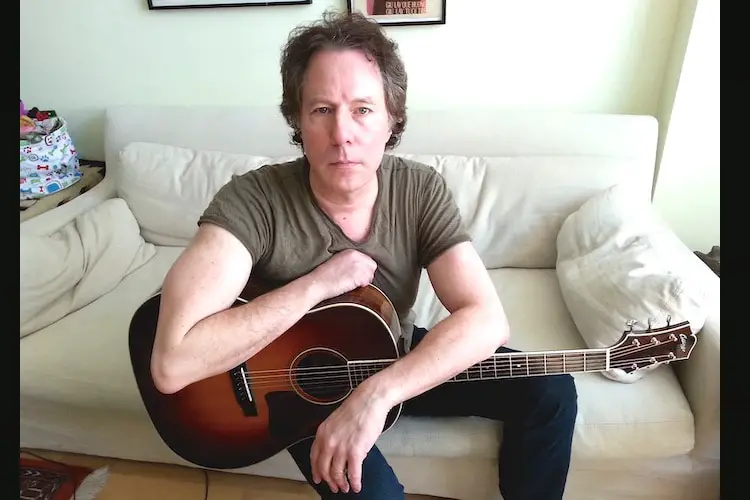
How did Punk Rock begin?
Different people will have different answers to this question, but for my money, if the conversation doesn’t include The Dictators, they honestly, what’s the point?
The NYC Punk Rock scene is as storied as it is varied. Numerous bands have come and gone, but one of the cities most enduring, influential, and underrated acts surely has to be The Dictators. Without The Dictators, Punk Rock would not exist as it does today. Give bands like The Ramones, The New York Dolls, Television, and Richard Hell credit where it’s due, but if we are talking true proto-Punk, the conversation begins and ends with The Dictators.
Today, I’ve got one of NYC’s OG rockers with us for a chat. Andy Shernoff is a man who has been at the epicenter of all things NYC for well over 45 years and counting. Andy and I chat about his early musical origins, the formation of The Dictators, the band’s legacy within the canon of Punk Rock, new Dictators tunes, and a whole lot more.
If you would like to learn more about The Dictators, you head over to the band’s website and dig in. Enjoy this chat with Andy. Cheers.
Andrew:
Andy thank you for taking the time to speak with us here. It’s been such an odd time. How are you holding up?
Andy:
I live in a rural part of the Hudson Valley, so we’re isolated, but we aren’t trapped. I can get out of the house and walk or bike through beautiful scenery. I’m also lucky that I have musical projects to keep me sane. My wife and I recently got our shots, so it feels like we’re finally turning the corner.
Andrew:
Let’s talk about your background. How did it all begin for you?
Andy:
I was exposed to a lot of music as a kid. There was always music on the turntable. We had a piano and a guitar in the house, and I was always banging on both of them. I took piano lessons from the infamous Arnold Friedman from the move Capturing the Friedman’s. Our next-door neighbor was a lead violist in the NY Philharmonic, so I attended their rehearsals and Young People’s concerts. My aunt was a music teacher, and my parent’s friends used to have little hootenannies in our living room. No surprise, I became a musician though my parents were pretty upset when I dropped out of college to play in a band. They were concerned that Rock ‘N’ Roll was a fad, not a career.
Andrew:
I wanted to dig into The Dictators. The band formed in NYC in 1973, right? You guys are one of the originators of Punk, and you actually predate the supposed first wave of Punk that swept through in the late 70s. For those that don’t know, tell us how the band came together. What’s the origin story?
Andy:
I was going to school at the NY State University at New Paltz. I was obsessed with Rock ‘N’ Roll and doing a little Rock writing for magazines like Creem and Oui, but like most teenagers, I was pretty directionless. One day I ran into Ross, and he tells me he wants to quit the band he was playing in and start something new. I naively volunteered my services as a bass player even though I didn’t own a bass and had never even played one. So we joined forces and asked Scott, who actually did own a guitar though he had never played it outside of his bedroom. We rented an old abandoned farmhouse in Kerhonkson, NY, as we ran through a slew of drummers, Spinal Tap style, and I started writing songs. When we had about 10 tunes, we invited Sandy Pearlman up to hear us. He understood our vision and got us a deal, literally within months. We went from conception to a record deal in about a year. It’s like a Rock ‘N’ Roll fairy tale.
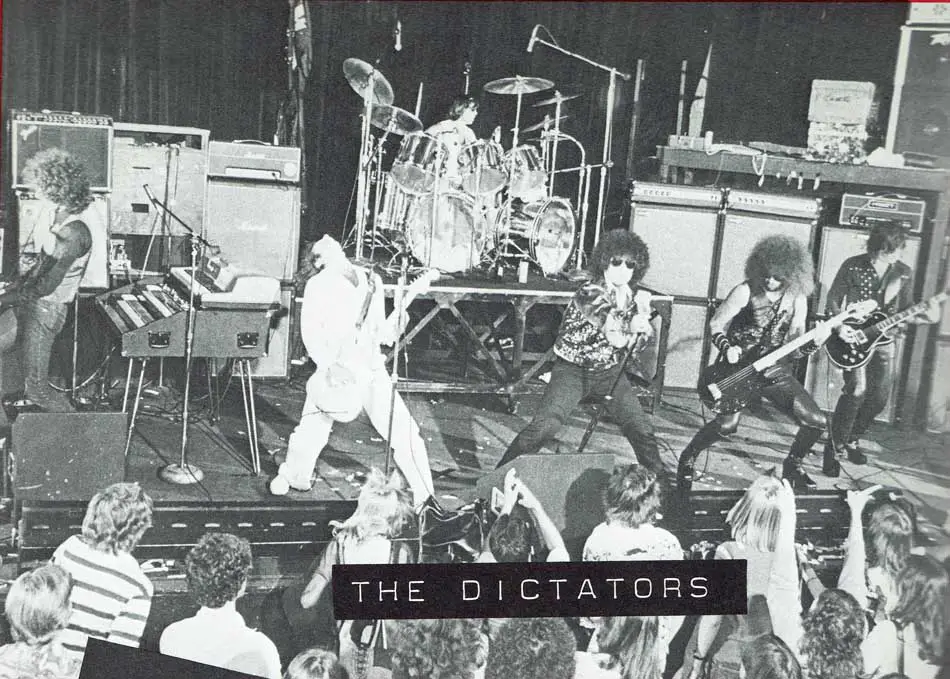
Andrew:
What more can you tell us about the scene during the band’s early days? What led to The Dictators unique Punk/Proto-Punk sound? Looking back, do you feel The Dictators are properly credited for essentially predating and, along with a few others, starting a movement?
Andy:
I don’t worry about credit; the chips will fall where they may. Some people give us credit; others don’t. My reward has been the ability to play music most of my life.
The Ramones get the credit even though we preceded them; they had a great singer, a focused look, and sound that defined Punk. We switched personnel and sound from album to album. We were a conglomeration of Punk, Hard Rock, Surf, Garage, and Pop, that’s not only confusing but difficult to market for a record company.
Little Steven call us the missing link because we came between Glam and Punk Rock. We were listening to Garage Rock, the MC5, Alice Cooper and Slade. That aggressive two-guitar attack topped off with sarcastic lyrics became The Dictators sound.
Andrew:
In 1978, The Dictators disbanded. Some of the members went on to become a part of bands like Twisted Sister and Manowar. What are your thoughts on the depth of roots that have spread from The Dictators?
Andy:
We went through a slew of great musicians. Adding Albert continues the tradition. Some leave and come back, some leave and don’t. The sole connecting tissue is I wrote 99% of the songs. Overall I think everybody’s side projects have made the band stronger. The simple fact is you become a better musician working with different people.
Andrew:
What led to the decision to disband at the time?
Andy:
After releasing 3 records that were sales failures from a major label perspective, a lead singer who was on drugs, everybody was demoralized. We had reached a dead end, and it was time for everybody to spread their wings a bit.
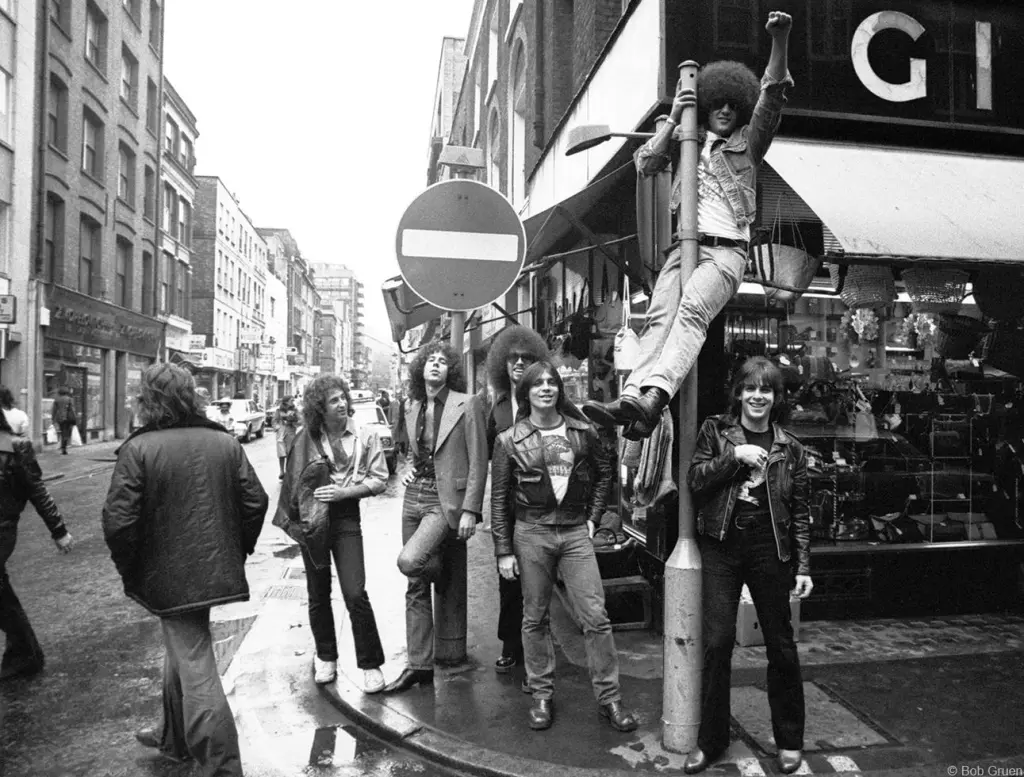
Andrew:
In the mid-90s, the band regrouped again. What led to the reformation? What’s been different this time around?
Andy:
Through the 80s and 90s, we did occasional shows in New York. A Spanish promoter saw a CBGB’s show and asked if we wanted to tour Spain. We had a successful Spanish tour in 1995, and he invited us back the next year. A Swedish promoter heard we were going to be in Europe and said, “Why not add Scandinavian dates?” So we did, and it continued like that until 2003, when we started slowing down and eventually stopped again.
This reunion came about in a different manner. Scott and I had lost touch with Ross, but we were brought together by some Dictators business. Once that was settled, Ross suggested we reform the original band. Scott was enthusiastic, but it was literally the last thing on my mind, so I hesitated, but I’m so glad I rejoined as it’s kept me sane during the pandemic, and the creative environment has never been better. The current players have decades of experience making records. We feel the pressure is off; we aren’t chasing a hit record or fame. Our only goal is to make the best music possible because everyday you make music is a good day
Andrew:
Moving forward toward the present day, you’ve just released your first new song in 20 years, right? Why the long layoff from new music? Tell us more about “God Damn New York.” What was the inspiration? How has your process changed since the early days of recording the likes of Girl Go Crazy! and Manifest Destiny?
Andy:
I originally wrote “God Damn New York” with my wife for a video project that never was made. When I was presenting songs to the band, everybody liked it, so I reworked the lyrics, changed the key, and voila, a new Dictators song.
New York City is a recurring theme in my songs and this love/hate song on leaving NY and moving to the Hudson Valley. I never thought I would live anywhere besides my beloved NYC, but it was time for a different lifestyle.
The biggest change in my process is I used to be more spontaneous. I take a slower, more methodical approach to songwriting these days. I heard a story of somebody asking Leonard Cohen about one of his songs. He replied that it took him a year to write it…I haven’t pressured myself to finish off a song since I heard that story.
Andrew:
The band also had a second single dropping on April 12th, right? What more can you tell us about it. This begs the question, is a new album in the works?
Andy:
The second single is “Let’s Get The Band Back Together,” which is a remake of a song I recorded a few years ago. It was perfect for The Dictators—tongue in cheek, sarcastic lyrics paired with a ripping track and burning solos. Classic Dictators!
We plan to continue to release singles every few months until the touring situation clears up. Sometime in 2022, we might compile all the singles onto a CD and vinyl. I wouldn’t even know where we could sell an album now.
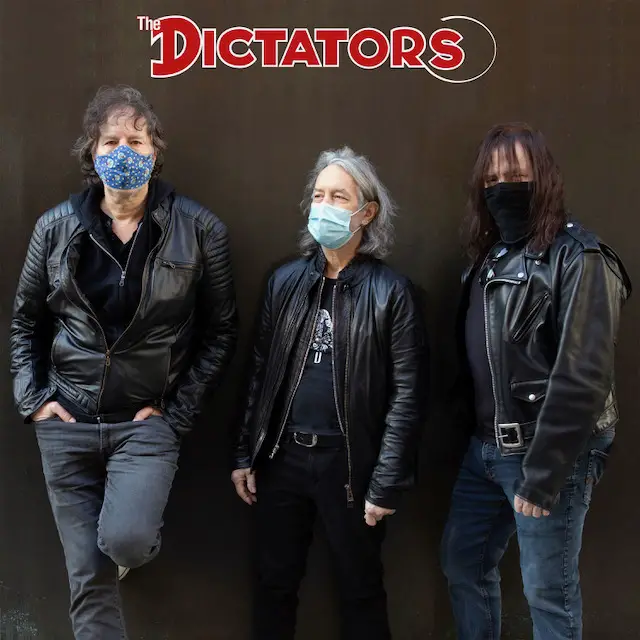
Andrew:
Another recent change is you’ve got the great drummer Albert Bouchard working with you now. How did Albert end up in the band?
Andy:
We’ve known Albert since the 70s, when we shared managers and producers. Ross, Scott, and I have each played with Albert numerous times over the years, so we knew we would get along with him. Plus, he’s a great utility player with many skills besides drumming. He’s a singer, writer, arranger, and he made a great contribution on the production end.
Andrew:
Looking back, what are some of your favorite moments as a band? Sub question: The Dictators have a unique legacy within the history of NYC Punk. That said, what are your thoughts on your place in history? How will The Dictators be remembered when it’s all said and done?
Andy:
I don’t know about favorite moments; they all seem to blur together. I look back, and I remember the countries I’ve visited and the people I’ve met. When we formed the band in 1973, the idea that I would be here in my 60s discussing my career was inconceivable.
When we started the band, I saw the light at the end of the tunnel of my life. The ability to make music as a career has been a tremendous gift. As far as the band’s legacy, that is out of my hands.
Andrew:
Let’s talk about the idea of “being punk.” You’re about as OG as it gets, so what does Punk mean to you? Is it a genre? A way of life or an aesthetic?
Andy:
Punk is part of the DNA of every great Rock ‘N’ Roll artist or band. Early Elvis was Punk! The Rolling Stones, The Beatles, The Who all had the attitude and swagger that could be described as Punk. It took The Ramones to combine all the elements into one easily digestible package. Punk’s the attitude that you approach your instrument and songwriting from. Originally, it was a rebellious stance though it has since evolved into a formula.
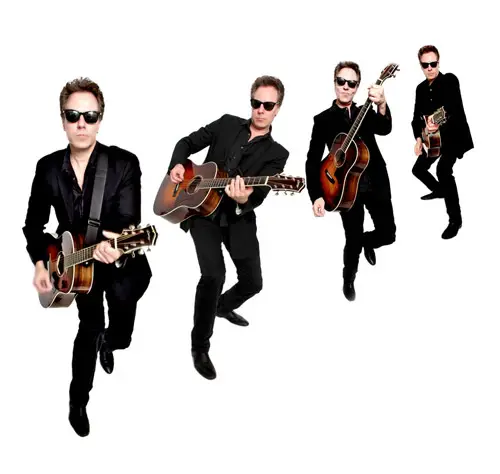
Andrew:
These days, we are more or less dominated by the never-ending barrage of social media. How has this affected music as an art form? Is an artist’s ability to get their music out there hindered by all this or helped?
Andy:
When I was growing up, the idea of playing Rock ‘N’ Roll as a career was unthinkable; it was considered a fad. My parents were upset I dropped out of college to play in a Rock ‘N’ Roll band. They were concerned for my future. Even The Beatles were making plans for that eventual day when their careers ended. Famously, Ringo planned on opening a hair salon when their star faded. It’s a different dynamic today; Rock is a career choice. You could be a doctor, a lawyer, or a DJ! Parents encourage their kids to go to University and study aspects of the music business.
Today’s technology allows anybody to make music, distribute and promote from their bedroom. The good news is anybody can make a record and distribute it themselves, while the bad news is anybody can make a record and distribute it themselves. The cream will rise to the top, while the losers will complain that Spotify doesn’t pay them fairly.
Andrew:
In a world that’s been so confined by the constraints of big business and the alienation caused due to the internet age, how do artists find their footing these days? What advice would you have for younger artists?
Andy:
It’s a difficult and confusing world, but if you are truly an artist, nothing will stop you from making music. I believe you have to enjoy the process of creating your art, from the initial inspiration to the rehearsals to the recording and mixing. I would never tell someone not to make music, it has enriched my life tremendously, but I would remind them that it is a business full of highs and lows and not a lot of middle. If you want stability to choose a different vocation.
Andrew:
As an artist, who are some of your biggest influences? Who are the obvious ones, and maybe some not-so-obvious ones?
Andy:
The obvious ones are Brian Wilson, Ray Davies, Lieber and Stoller, Bacharach and David. The non-obvious ones are Abbot and Costello and Andy Kaufman.
Andrew:
Are you into vinyl? Cassettes? Or are you all digital? Regardless of format, where do you like to shop for music? What are some of your favorite albums and why? Ones that really mean the most to you.
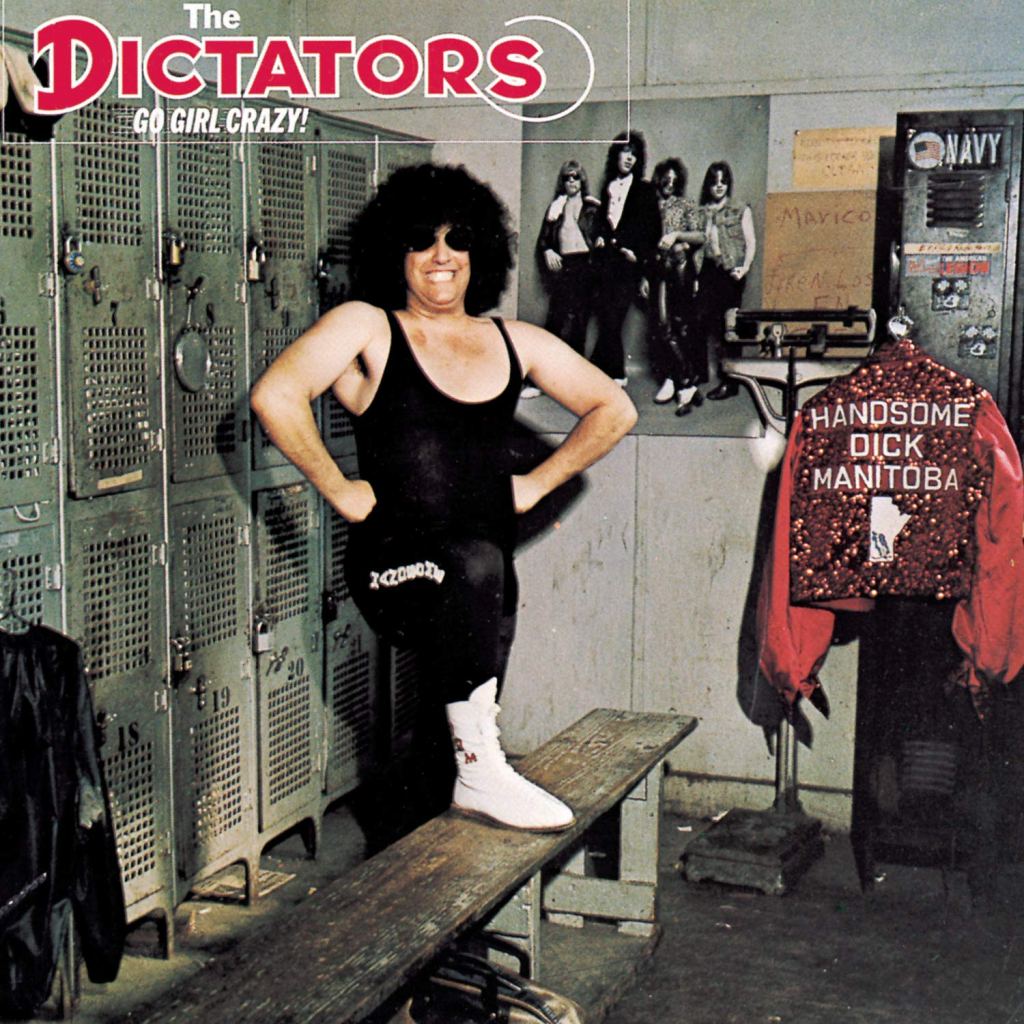
Andy:
Cassettes are a joke. I think vinyl is great except for the cost and inconvenience. I upgraded my turntable and pre-amp early in the pandemic, expecting to go through all my old vinyl. I did, but I found the way I listen to music has changed dramatically. I used to buy a bunch of records, sit in a comfortable chair, listen to the first side, read the liner notes, flip it over, stare at the cover, then repeat the process with another album. These days, I stream music to a Bluetooth speaker while I’m doing something else. My entire record collection is literally on Spotify. My deal with the devil is, I sacrifice sound quality, so I don’t have to flip the record over every 20 minutes.
The albums that mean the most to me are the Beach Boys Today which was the first album I ever bought. The MC5 Back In The USA, which provided the template for The Dictators. The Beatles Sgt. Pepper’s Lonely Hearts Club Band, which has “Fixing a Hole,” which contains the first guitar solo I ever learned, and The Kinks Are the Village Green Preservation Society which influenced me lyrically. See a pattern? All 60s records when Rock was young and innovative. In 2021 we are just recycling the old ideas. Rock ‘N’ Roll is 3 chords and a backbeat, so there are only so many variations you can create before you start repeating yourself. I love it, but the world has moved on. Rock is no longer the cultural force it used to be.
Andrew:
Outside of music, what are some of your greatest passions? How do those passions inform your music, if at all?
Andy:
My main passion outside of music is wine, which I fell in love with over many tours of Europe. I’m pretty serious; I studied for a few years and worked in the business full time from 2005 to 2010. Interestingly I met many former musicians who migrated over to the wine business. Winemakers are crazy, passionate, and ego-driven, just like musicians.
Andrew:
Last question: You’ve been at it for over 45 years. So, as veterans of the “scene,” what would be your advice for bands/artists who have just decided to take the plunge?
Andy:
The music business has changed dramatically from when I entered it. I don’t know if I would even enter the music business if I was a kid today. When I became a musician, Rock was young; If we say Rock started in 1955, it had only been around 20 years when The Dictators release their first record. It was new and exciting and easier to be innovative. Music influenced everything from politics to fashion. I find it a bit stale today, but I would never tell anybody not to become a musician. Music is magic; it enriches your life and the listener’s life in so many ways.
My only advice is to enjoy the process. It’s great to have hits and success but that can be fleeting. If you enjoy the entire process, the reward is the physical act of creating music and nobody can take that way from you.
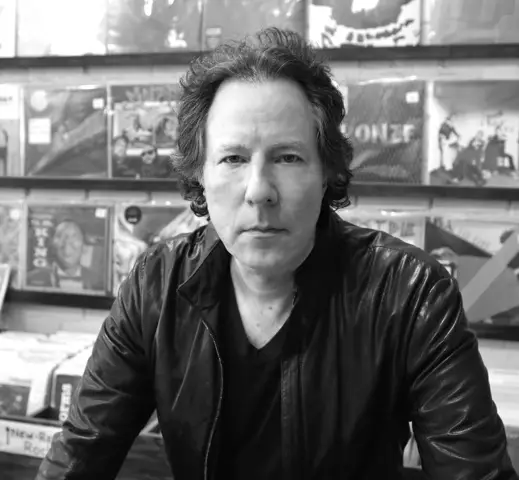
Interested in learning more about The Dictators? Check out the link below:
Dig this interview? Check out the full archives of Vinyl Writer Interviews, by Andrew Daly, here: www.vinylwritermusic.com/interview
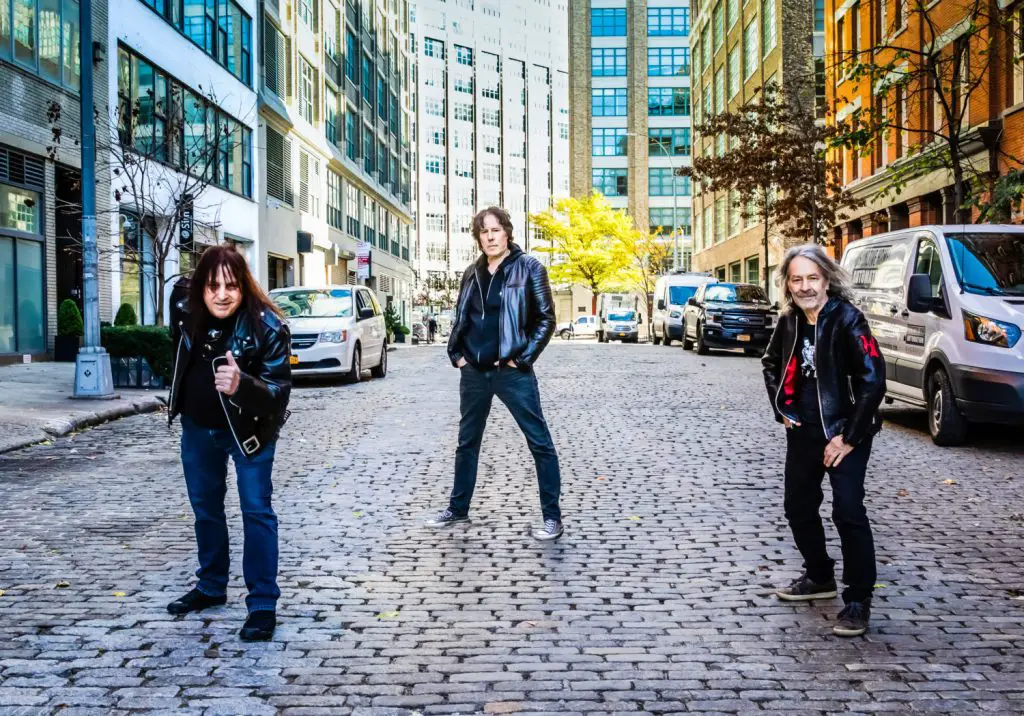

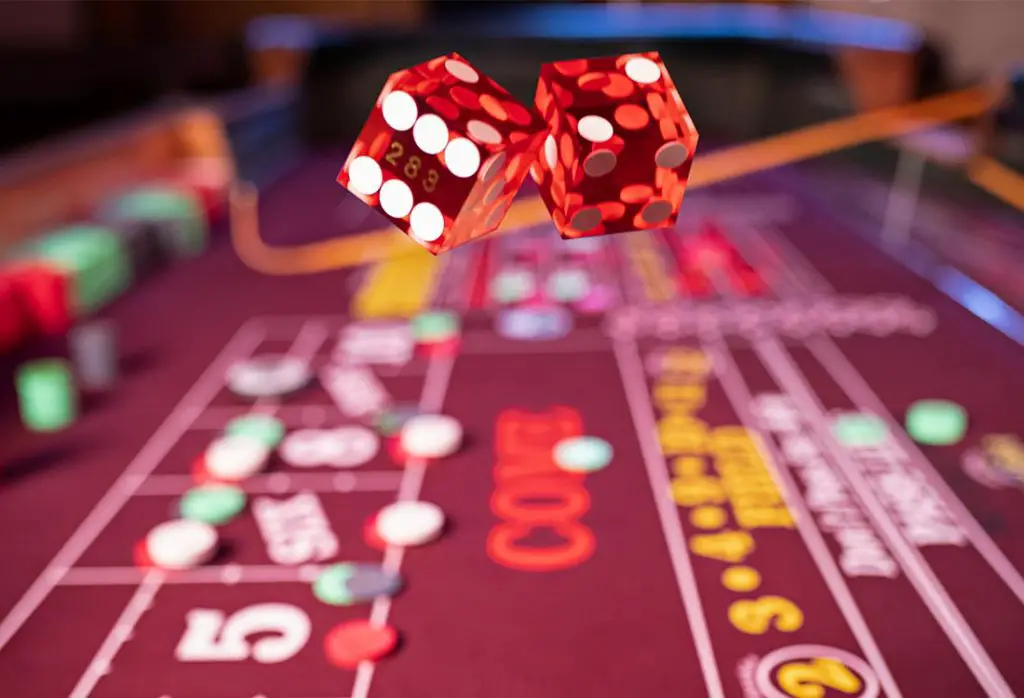


Leave a Reply